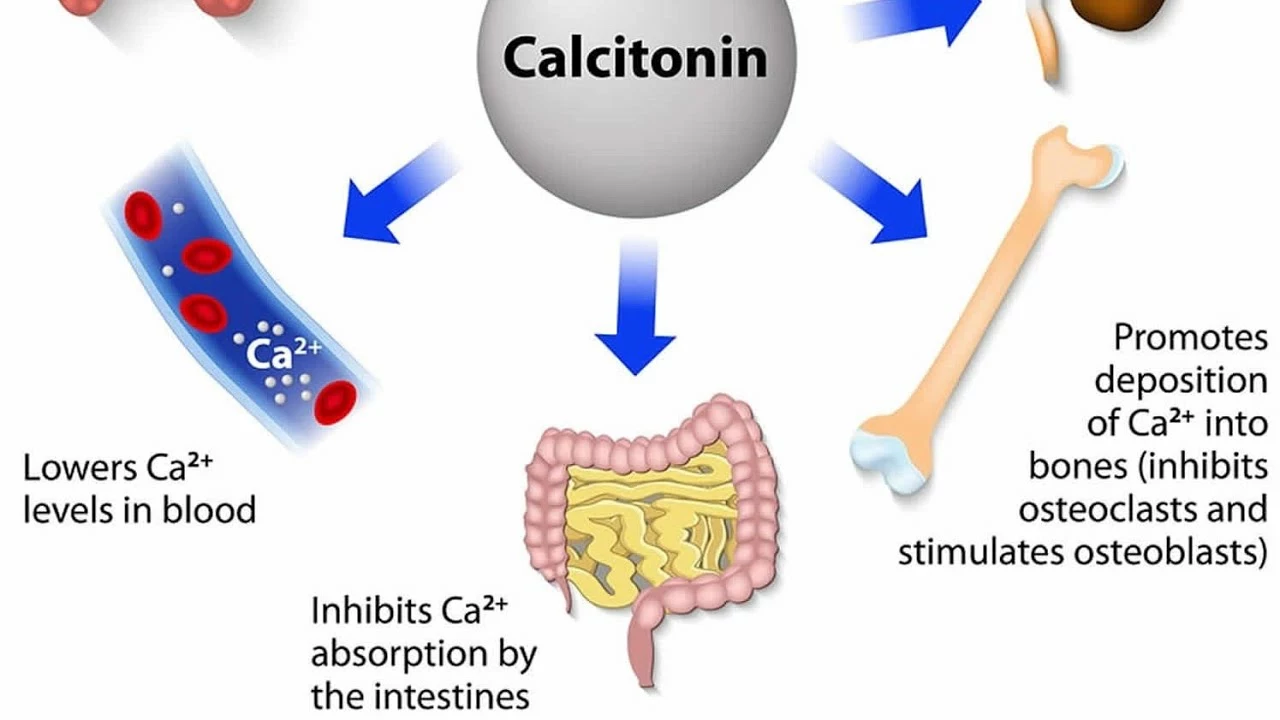Calcitonin: How This Hormone Supports Your Bones and Calcium
Ever heard of calcitonin? It’s a hormone that plays a pretty important role in keeping your bones strong and your calcium levels balanced. Your body is like a well-tuned machine, and calcitonin helps stop calcium from leaving your bones too quickly. That means it helps prevent weak bones and keeps things stable.
Calcitonin is made in the thyroid gland, which you can find in your neck. It works by telling cells called osteoclasts to slow down. These cells normally break down bone, releasing calcium into the blood. When calcitonin tells them to calm down, less calcium leaks out, making bones stronger over time.
Why Is Calcitonin Important?
If your calcium levels rise too high, calcitonin helps bring them back down, avoiding problems like kidney stones or unwanted muscle cramps. This balancing act is key because calcium doesn’t just build bones — it’s also vital for nerve signals and muscle movements. Without a hormone like calcitonin, those systems can get out of whack.
Doctors sometimes look at calcitonin levels when checking for certain thyroid conditions or bone diseases. In fact, medicines based on calcitonin have been used to treat osteoporosis, a condition where bones become fragile. If you're managing bone health, understanding how calcitonin works can give you clues about what's happening inside your body.
How Does It Affect You?
Most people don’t realize calcitonin’s role because it quietly does its job behind the scenes. But if you’re dealing with bone loss or calcium issues, this hormone matters. For instance, tests for calcitonin can help spot rare thyroid cancers early or monitor bone health in treatment.
So, next time you think about your bones or calcium, remember calcitonin as one of the body’s helpers making sure everything runs smoothly. Keeping a healthy lifestyle with good nutrition and exercise also supports what calcitonin does — maintaining strong, healthy bones.

